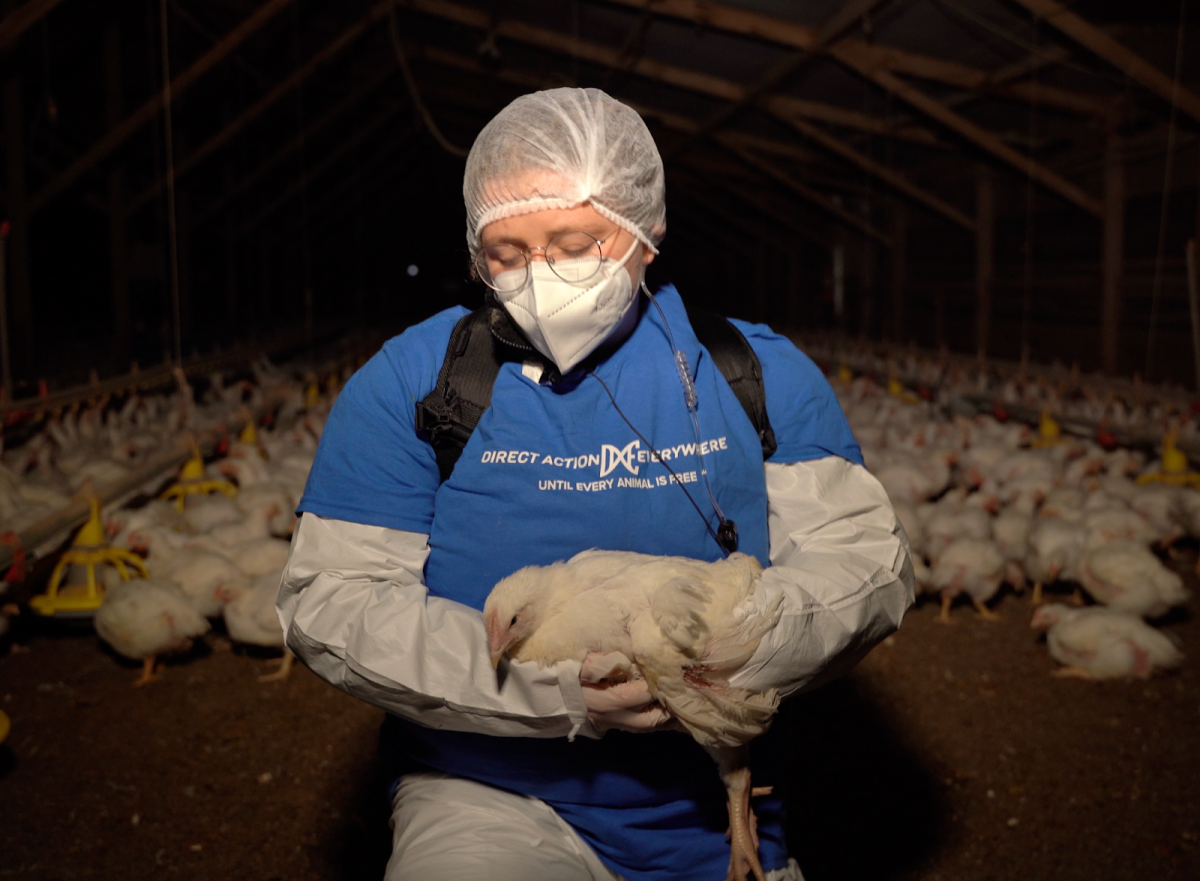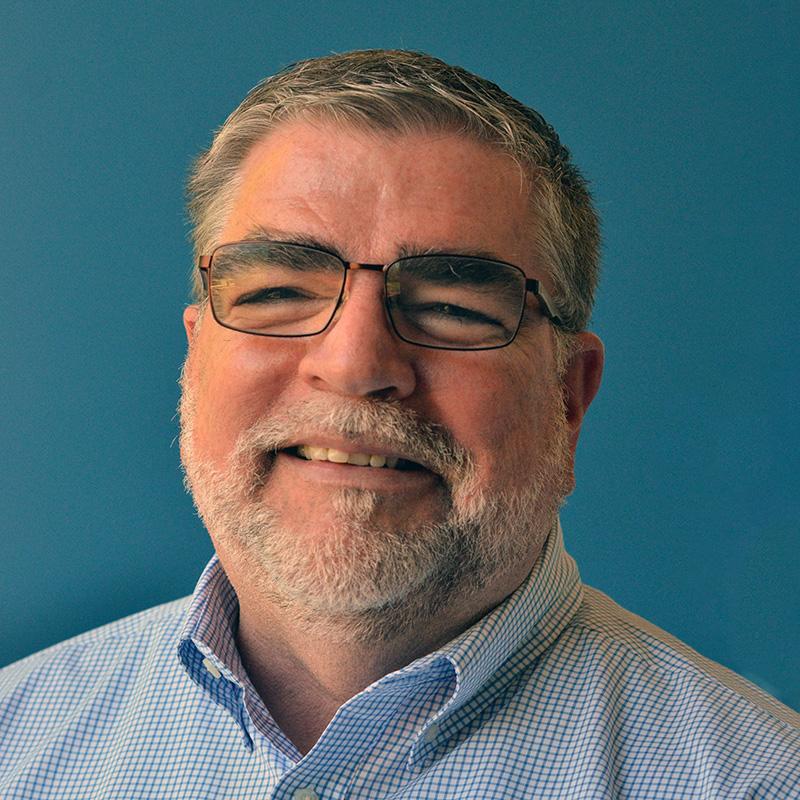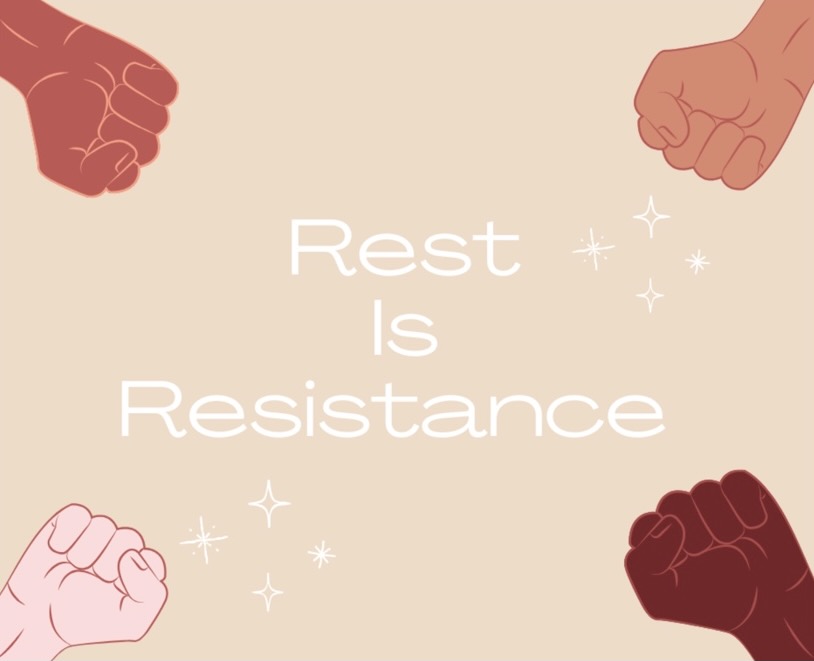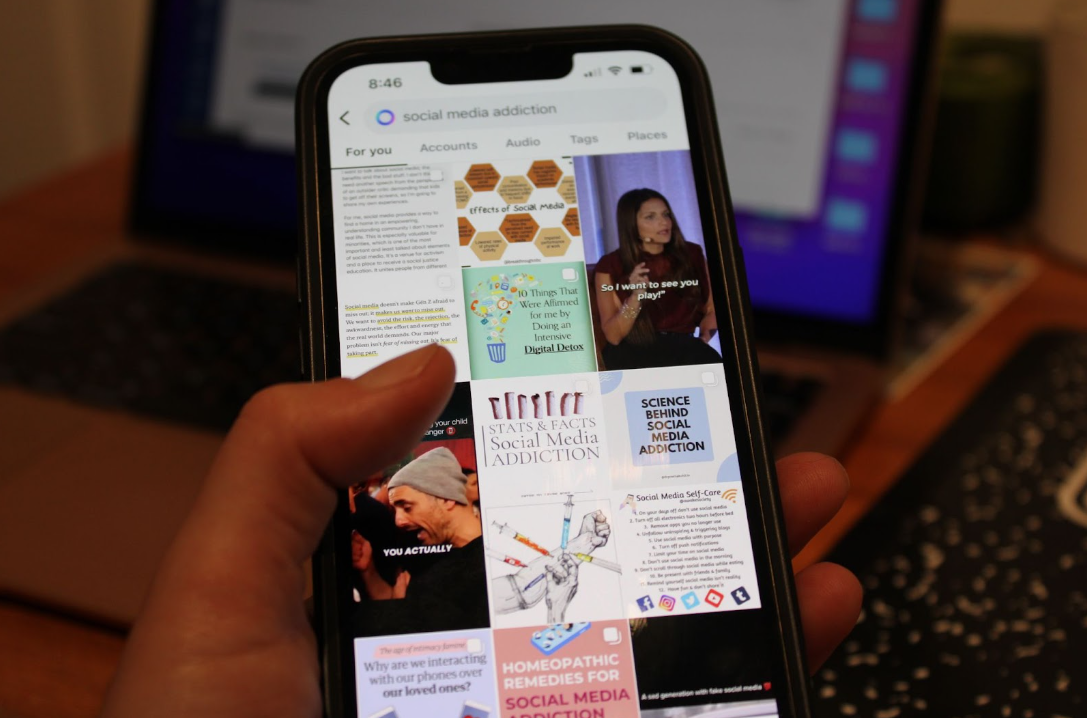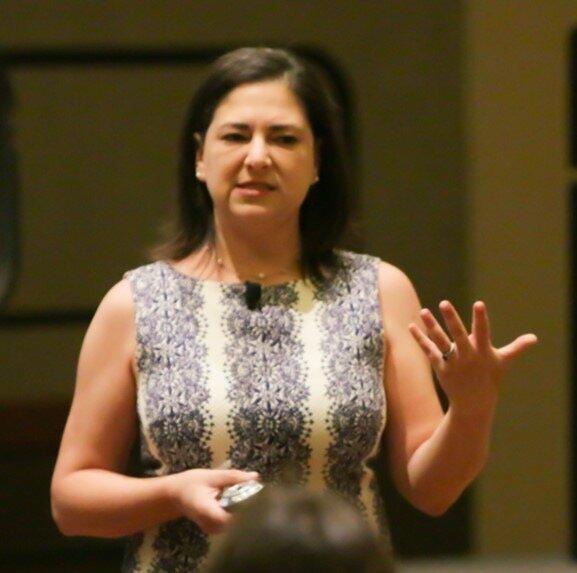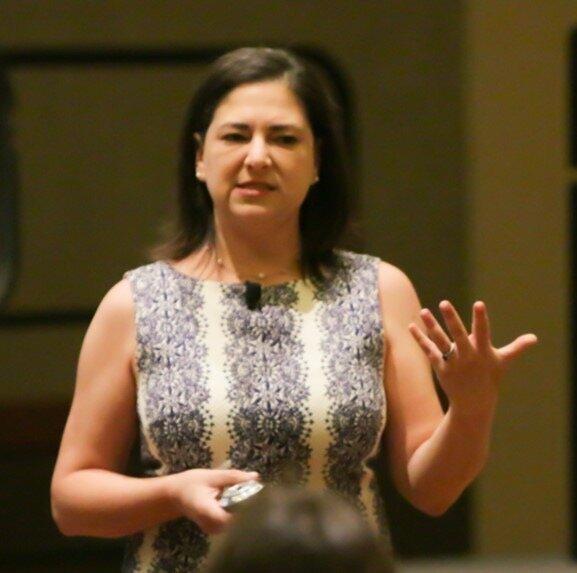At five years old, looking in the mirror was how we made sure there wasn’t any mud on our jeans. Now, looking in the mirror is our way of comparing ourselves to unrealistic societal beauty standards, and obsessing over our body’s imperfections.
Americans’ relationship with food has become twisted due to dieting fads, weight loss products, and cosmetic must-haves. In a Zoom event hosted by Counseling and Psychological Services (CAPS), Certified Eating Disorder Dietician Jessica Setnick preached to Sonoma State students about the importance of adopting a child-like mentality when it comes to food and how we are caring for and looking at our bodies.
Setnick said, “You may not love your body. You may not even like your body. You may be just disappointed in your body. You may really wish you could have a different body. However, the body that you have is the one you get to live in. So as tough as it may seem, it’s really important to care for your body.”
Setnick was recruited to discuss the topics of eating disorders and body image issues by senior Psychology major, Emily Cymanski, with the help of CAPS. The event was held over Zoom last Tuesday night, and had CAPS staff members in attendance to support students in the conversation of these potentially triggering topics.
Some topics of Setnick’s talk include false perceptions, the obsession of “fitting in,” unhealthy advertising, and intuitive eating. On Setnick’s personal website she writes, “I’m a dietitian who was trained in school to look at the word through anthropologist eyes. I try to understand dysfunctional eating behaviors in all of their forms without making assumptions or generalizations about an individual’s experience.”
With an educational background in anthropology, Setnick was able to bring scientific evolutionary evidence to human’s feelings and emotions when it comes to fitting in with others. Setnick stressed that yearning to fit in is normal; it is something that we are trained to do as humans. It is also normal to judge ourselves based on our appearance because it has been falsely configured in our minds over time. Human perception is off, therefore we do not perceive ourselves accurately.
“We all long to feel accepted and loved just for our perfectly imperfect self. And yet, what we all often feel is that everyone else fits in and we are somehow different,” Setnick said, “We are either flawed, or different, or not included, or left out, or somehow feeling like we don’t fit in. It’s not actually accurate because in a lot of ways there is no ‘everyone else’ fits in and we are left out.”
Americans get the idea of needing to fit in with others from many external influences. Setnick explained that advertising, configured clothing sizes, and the popularity of cosmetic body surgeries have altered our brains to spend money on products that will make us look a certain way. The messages that society is giving us is to compare our ordinary selves to photoshopped celebrities and computer generated imagery, when this is not realistic.
“Would you rip up a Picasso because it’s not the Mona Lisa?” Setnick said, “Lots of things can be appealing and attractive regardless of what they compare to. If we are comparing ourselves to glamorous celebrities it becomes a lot more challenging to feel good about ourselves.”
So, how can we be kinder to ourselves, appreciate our body, and make food our friend? Setnick explained that in order to feel good about ourselves, we must nourish our bodies, eat consciously, and be active. Food and emotions are inherently linked, and according to Setnick, the more that people obsess over food, the more that professionals see disordered and dysfunctional eating.
Setnick’s closing statement was that it is never too late to change your relationship with food. The first step in learning to love your body, is learning how to fuel your body. There is help out there for those who are struggling with their relationship with food.
CAPS Staff Psychologist, Isabel Avila stated, “At CAPS, we offer individual counseling that emphasizes healthy coping and self-compassion that can address some of the issues students may be facing around body image and their relationship with food.”
If you, or someone you know is struggling with an eating disorder, visit the CAPS website to schedule an appointment.



